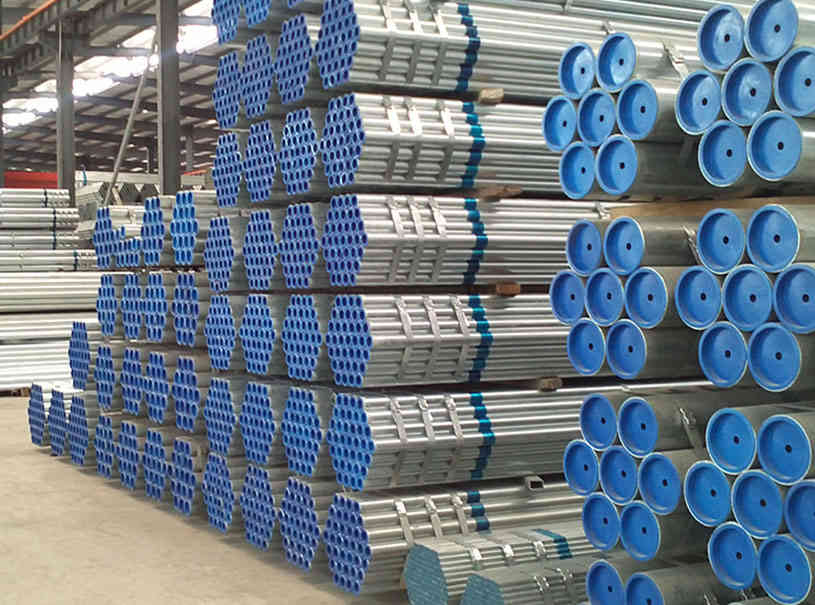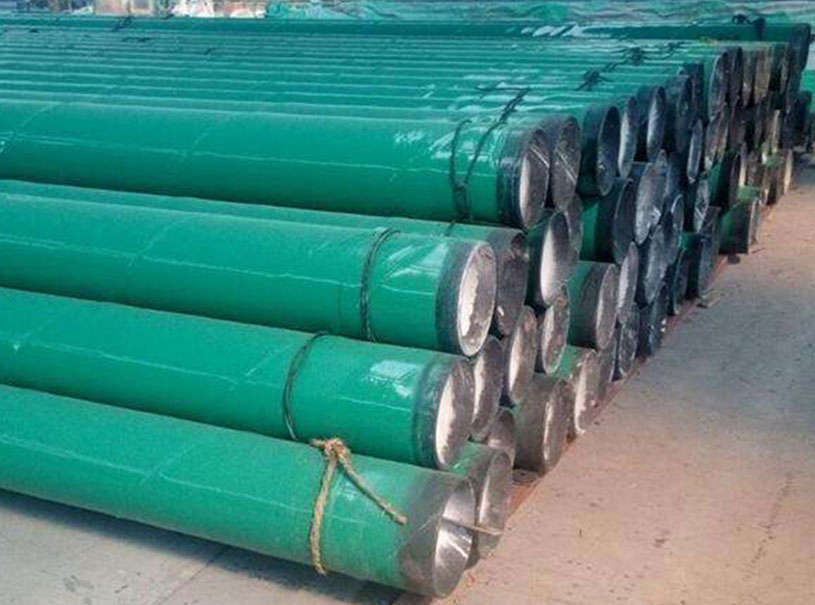US tariffs have spread across the globe, and the steel market has been “splintered”
The reference news network reported on August 1 that the Japanese media said that the global steel market was "divided" by the United States to impose tariffs, and fell into a state of oversupply. In the first half of 2019 (January to June), global crude steel production hit a record high due to the increase in production in China, the largest producer. In the United States, which closed the market, the domestic steel companies once increased production due to the decrease in imported steel from Galvanized Steel Manufacturer, but they have to take countermeasures because of the sluggish domestic demand. If trade frictions lead to a cooling in demand, the balance between supply and demand will be further broken, and the prospects for a global economy will also shine.
According to the "Japan Economics" website reported on July 31, the World Steel Association's statistics released before July 29 showed that global crude Steel Pipe Market output from January to June increased by 4.9% from the same period of the previous year to 9.2506 billion tons, a record high. . China, which accounts for half of global crude steel production, increased by 9.9% to 492.16 million tons, the highest in history.
The report pointed out that Turkish and Russian-made steel, which cannot be exported to the United States due to tariffs, pose a threat to the European market. British steel company, the UK's second-largest steel company, filed for bankruptcy protection, and ArcelorMittal, the world's largest steel company, was forced to cut production.
ASTM A53 Galvanized Steel Pipe
The United States, which sets tariff barriers, is also affected. Due to the addition of tariffs, US steel imports in 2018 decreased by 12% year-on-year. In 2018, the US steel company, the largest steel company in the United States, relaunched two blast furnaces in Illinois that had been discontinued since 2015, making the country's steel industry excited about long-lost production.
According to reports, from January to June 2019, the domestic steel production capacity in the United States increased by 5%, but recently the steel mills have announced a reduction in production. US Steel announced in June that it would suspend two blast furnaces in Michigan and other places. It is estimated that the scale of production reduction will be 200,000 to 225,000 tons per month, equivalent to 3% of the national steel production capacity. AK Steel Holdings, the fourth-largest steel company, will close its Kentucky steel plant during the year.
The report believes that the reason is the slowdown in domestic demand in the United States. The largest demander car industry's new car sales from January to June decreased by 2%, after a lapse of two years. In July 2018, the price of US hot-rolled coils of $1,000/ton fell to around $630. The operating rate of the steel plant in June was 79.5%, which was again lower than the 80% target proposed by the US Department of Commerce at the time of starting the tariff. The White House’s trade protection policy has not worked.
The report pointed out that in addition, Japan has also begun to be affected. In 2018, as various steel companies significantly reduced production due to equipment failures, imported steel increased. Imports of ordinary steel from China increased by 73% from January to May 2019. The inventory of thin steel sheets in Japan has reached the highest level in 10 years.
According to reports, the Organization for Economic Co-operation and Development said that in the three years from 2018, global crude steel production capacity will increase by about 5%, driven by increased production in Asian countries such as China and India. Yamaguchi, a senior analyst at SMBC Nikko Securities, said that "global steel is clearly in a state of oversupply."
According to the report, in the context of oversupply, the market may be fragmented, which may lead to a colder demand. President Hashimoto Eiji of Nippon Steel said that “as long as the trade war continues, this risk will always exist” and show vigilance against the new round of “steel winter”.


没有评论:
发表评论